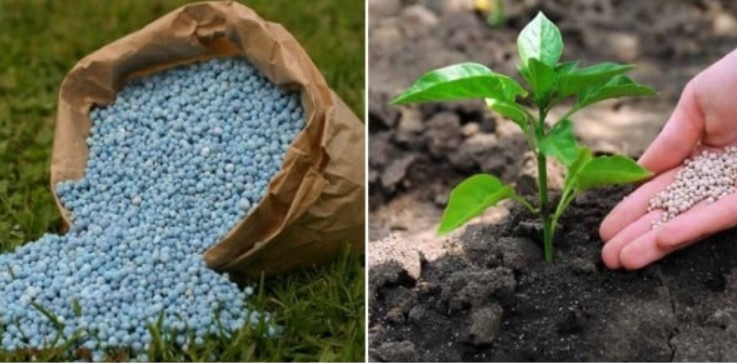3. Manures, Fertilizers and Biocides

Over thousands of years, Indian soils have been used to cultivate crops with little regard for replenishment. As a result, soils have been depleted and exhausted, resulting in low productivity. Almost all of the crops have among the lowest average yields in the world. This is a severe issue that can be addressed by increasing the use of manures and fertilisers.
Manures and fertilisers have the same role in soils as healthy nutrition does in the body. A well-nourished soil can provide good crops in the same way as a well-nourished body can accomplish any decent work. Increased fertiliser application is thought to be responsible for around 70% of the rise in agricultural production.
As a result, an increase in fertiliser usage is a sign of agricultural prosperity. However, providing sufficient manures and fertilisers in all sections of a country the size of India inhabited by poor peasants is a practical challenge. Cow dung is the best type of manure for soils.
However, because a lot of cow dung is used as kitchen fuel in the form of dung cakes, its usage as such is limited. The situation has been exacerbated by a decrease in firewood supply and an increase in demand for fuel in rural areas as a result of population growth. Chemical fertilisers are expensive and often out of reach for small farmers. As a result, the fertiliser issue is both acute and complex.
Organic manures are thought to be necessary for maintaining the soil's health. The country has a compost potential of 650 million tonnes for rural use and 160 lakh tonnes for urban use, which is currently underutilised. The use of this potential will solve the twin problems of trash disposal and manure provision to the land.
The government has provided substantial incentives, particularly in the form of significant subsidies, to encourage the use of chemical fertilisers. At the period of independence, chemical fertilisers were almost never used. The consumption of fertilisers increased dramatically as a result of government initiative and a shift in mindset among certain progressive farmers.
52 fertiliser quality control laboratories have been established across the country to ensure that fertiliser quality is maintained. In addition, Faridabad houses the Central Fertilizer Quality Control and Training Institute, which has three regional offices in Mumbai, Kolkata, and Chennai.
Pests, viruses, and weeds cause significant crop loss, accounting for almost one-third of total field yield at the time of Independence. To save crops and reduce losses, biocides (pesticides, herbicides, and weedicides) are utilised. Increased usage of these inputs has prevented wasteful waste of many crops, particularly food crops. However, the uncontrolled use of biocides has resulted in widespread contamination, which has its own cost.